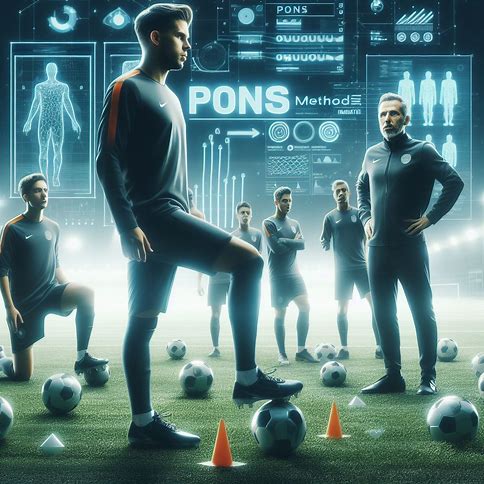
- The True Future of Football: Progression, Methodology and Legacy :
Modern football is at a crossroads. As some clubs invest hundreds of millions in state-of-the-art stadiums and multi-million-dollar signings, a crucial question arises: who is analysing and evaluating the true progress of training and methodology? Because, in the end, it is the quality of training and the progression of footballers that defines the future of a club, not just the trophy balance.
Coaching: The Cornerstone of Modern Football
Football has evolved a lot in terms of tactical and technical analysis. We have specialists in transitions, strategy, defence, attack and set pieces, but who is in charge of analysing and evaluating training?
Herein lies one of the biggest challenges for football clubs. While match analysis has become more professional, training methodology remains, in many cases, a neglected area. Are coaches and staff members using modern and appropriate tools to maximise the performance of their players? This is a question that is not asked enough, but it has direct implications on the individual and collective progression of the team.
Modern training must be dynamic, adaptive and contextual. Each player has specific needs, and each session must be aligned with a clear methodological objective. Progressing in training is not simply about doing more, but doing it better: with the right tools, the right methods and a comprehensive vision of development.
The Role of Facilities in the Future of the Club
Another key point that affects the legacy of a club is the investment in facilities. Many clubs are allocating huge sums to the construction of stadiums and sports centres, but the question is: who are they consulting with to design these facilities?
A training centre is not just a physical space; it is an ecosystem designed to enhance talent and long-term development.
The planning of these facilities should involve specialist football consulting companies, as well as sporting directors, coaches and technical staff. Without open and strategic communication with these key players, there is a risk of creating impressive spaces, but ones that are not very functional for what really matters: the development and progression of footballers.
A Legacy Beyond Titles
Many clubs seem to focus their efforts solely on winning championships in the short term, without considering the long-term impact of their decisions. But the true success of a club is not measured solely in trophies, but in the legacy it leaves behind.
This legacy is built by investing in the progression of its players, creating a culture of continuous development and establishing solid foundations that allow sustainable growth for decades to come.
Winning a championship is important, but glory is ephemeral if it is not supported by a long-term strategic vision. A truly well-managed club not only seeks titles, but also to ensure that its structure and methodology allow it to remain competitive for the next 50 years.
A Call to Reflection for Club Presidents
This article does not seek to point the finger at blame, but rather to invite reflection. Are clubs focusing their efforts on what really matters?
Is training being evaluated with the same rigor as matches?
Are modern and specific tools being used to maximize player progression?
Are facilities being built with a strategic and functional vision, based on the knowledge of football experts?
Is a legacy being left that guarantees the club’s long-term success?
InnovaFootball: Towards a Smarter and More Sustainable Football
At InnovaFootball, we believe that the future of modern football depends on these reflections. Our mission is to help clubs avoid common mistakes, optimizing their training, infrastructure and strategies through specialized methodological consultancies. The goal is not simply to improve immediate performance, but to lay the foundations for a lasting legacy that transcends generations.
Football has the power to inspire, transform lives and build communities. But for this to happen, clubs must prioritise what is truly important: the progression of their players, the constant improvement of their training and a strategic vision that combines sporting success and sustainability.
The future of modern football is not built on victories alone; it is built on vision, methodology and a genuine commitment to long-term development. It is time to change the approach and think beyond the scoreboard.












